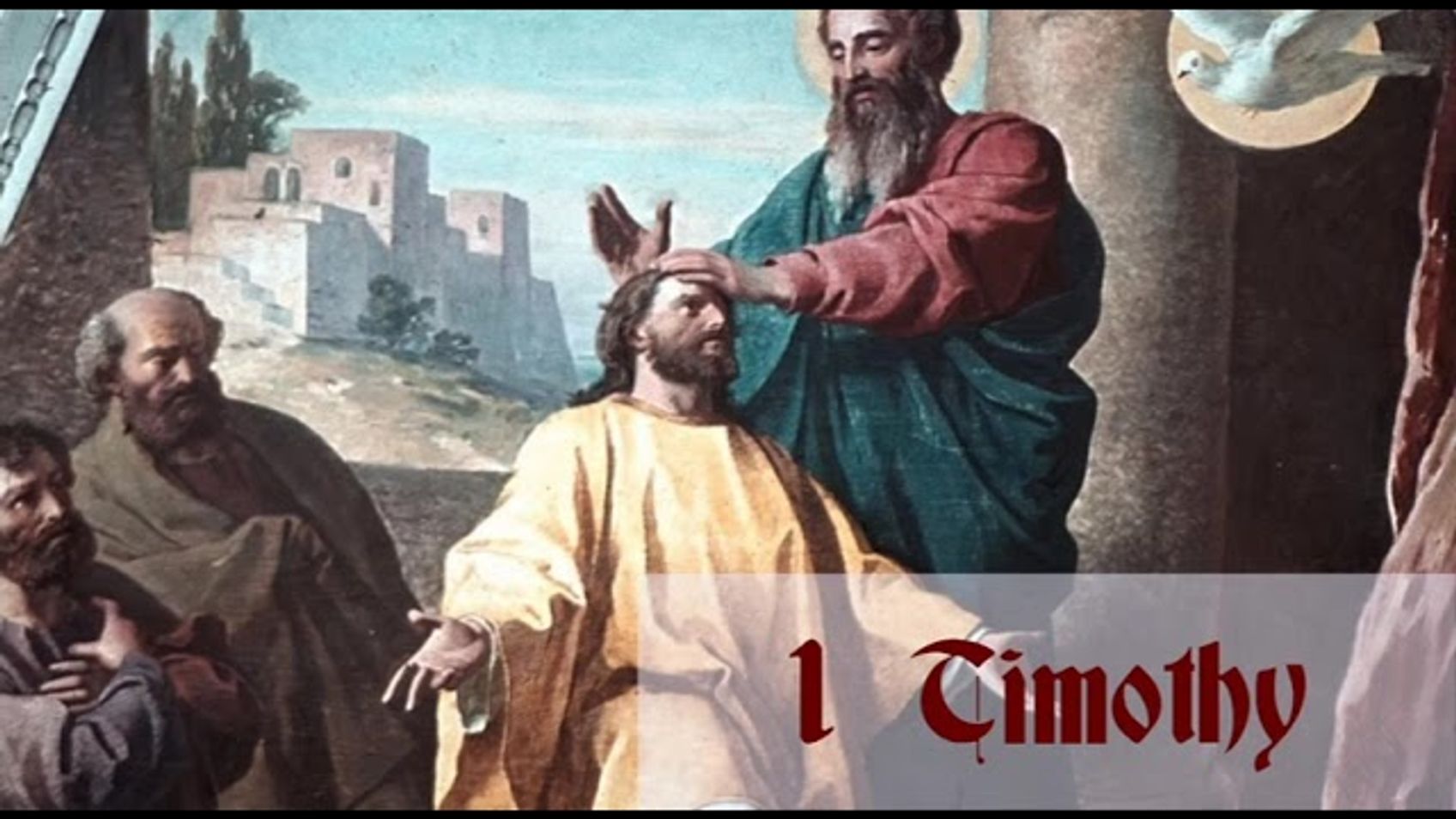1 Timothy: Chapter-by-Chapter Commentary

*CONTENTS*
00:00:00 - 1 Timothy 1.1-17: Paul's Charge to Timothy
00:15:23 - 1 Timothy 1.18—2.15: Properly Conducting Worship
00:40:03 - 1 Timothy 3: Qualifications for Church Overseers
00:54:20 - 1 Timothy 4: Faithful Service of Christ
01:07:23 - 1 Timothy 5: Instructions for Church Governance
01:22:50 - 1 Timothy 6: Dangers of False Teachers
If you have enjoyed my videos and podcasts, please tell your friends. If you are interested in supporting my videos and podcasts and my research more generally, please consider supporting my work on Patreon (https://www.patreon.com/zugzwanged), using my PayPal account (https://bit.ly/2RLaUcB), or by buying books for my research on Amazon (https://www.amazon.co.uk/hz/wishlist/ls/36WVSWCK4X33O?ref_=wl_share).
The audio of all of my videos is available on my Soundcloud account: https://soundcloud.com/alastairadversaria. You can also listen to the audio of these episodes on iTunes: https://itunes.apple.com/gb/podcast/alastairs-adversaria/id1416351035?mt=2.
More From Alastair Roberts

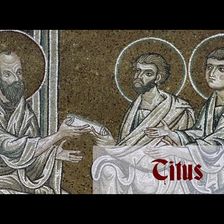
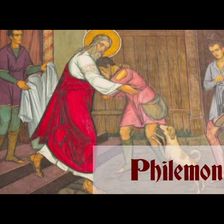
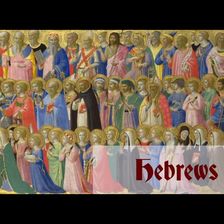
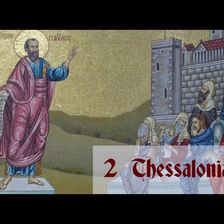
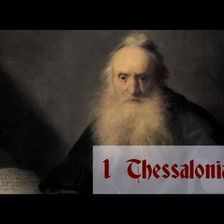
More on OpenTheo















